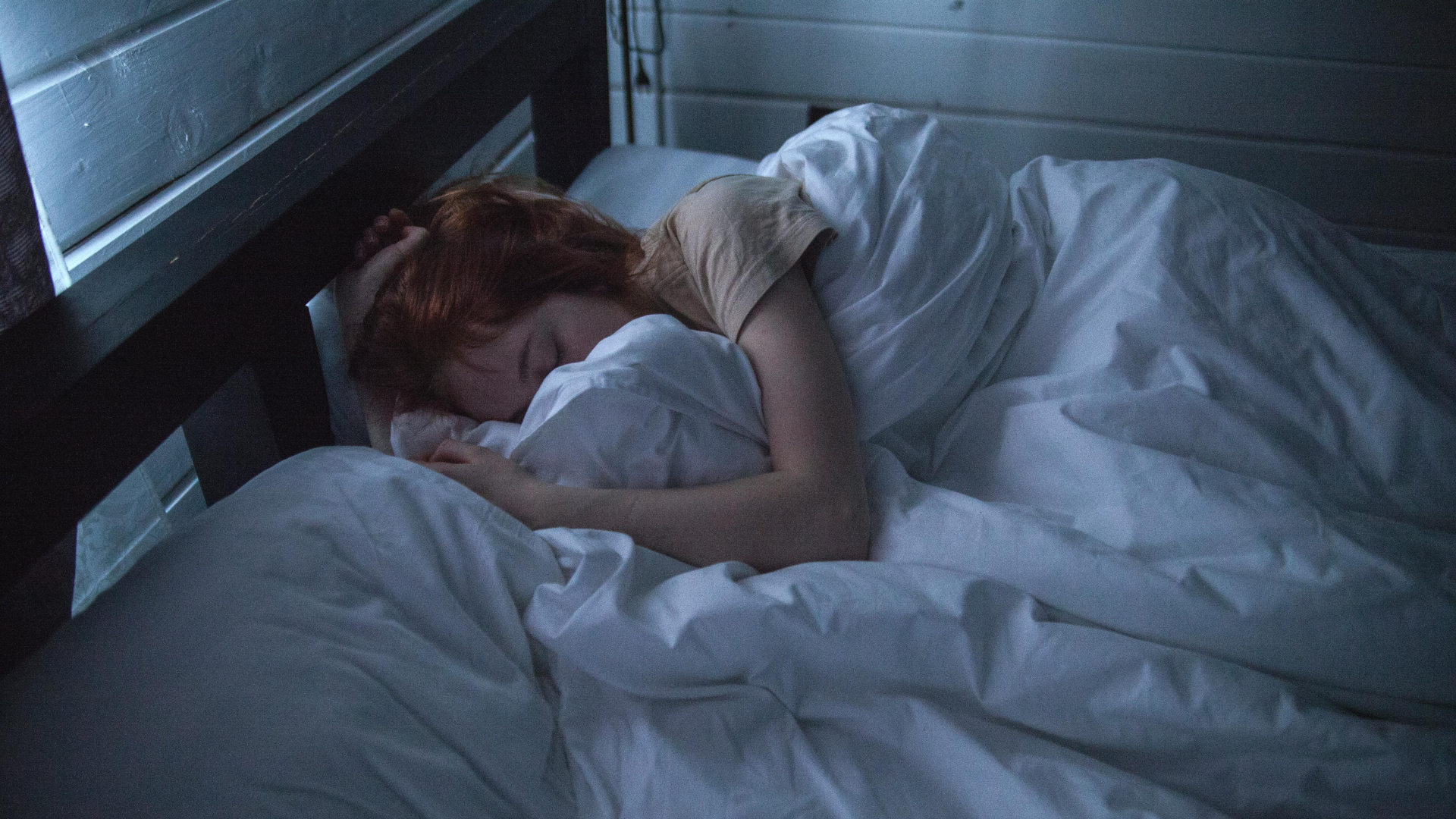Sleep Hygiene: The Secret to Better Rest and Mental Wellbeing
How Everyday Habits May Be Fueling Your Fatigue
Tired? Cranky? Suffering with brain fog and zero drive to get things done? If that sounds like you and it happens more than 2-3 times a week then don’t worry – there is something you can do about it. It’s easy and it works but you’re probably not going to like it because the habits you use to cope (doom scrolling anyone?) are probably the ones feeding the fog.
On top of that, for many young adults life is fast paced and hectic; this can often mean sacrificing sleep. But what most people don’t realise is that sleep hygiene—the habits and practices that contribute to a good night’s rest—play a critical role in not only how well we sleep but also in our overall mental health. Poor sleep hygiene can lead to irritability, lack of focus, and even worsen symptoms of anxiety and depression.
Incorporating healthy sleep habits can improve both the quality and quantity of your sleep, which is essential for emotional stability, cognitive function, and long-term well-being. Let’s break down how you can optimise your sleep hygiene and, as a result, improve your mental health.
What is Sleep Hygiene?
Sleep hygiene refers to a set of behaviours and environmental factors that affect how well you sleep. Practising good sleep hygiene means making choices throughout the day that promote restful sleep at night. It’s about creating an environment and routine that supports the body’s natural sleep-wake cycle, also known as the circadian rhythm.
Why is Sleep Hygiene Important for Mental Health?
Young adults are often juggling multiple responsibilities, leading to increased stress and late-night study or work sessions. Unfortunately, poor sleep can exacerbate mental health issues. In fact, insufficient sleep has been closely linked to anxiety disorders, depression, and difficulties with emotional regulation. Practising good sleep hygiene can help alleviate these mental health challenges by supporting your body’s need for restorative sleep.
Tips for Improving Sleep Hygiene
Create a Consistent Sleep Schedule: Going to bed and waking up at the same time every day helps regulate your body’s internal clock. Consistency is key to getting your body used to a healthy sleep pattern, even on weekends. Learn how to set a consistent sleep routine.
Limit Screen Time Before Bed: The blue light emitted from phones, laptops, and televisions can disrupt your body’s natural production of melatonin, the hormone responsible for making you feel sleepy. Try to turn off electronic devices at least 30 minutes to an hour before bed.
Create a Relaxing Bedtime Routine: Doing calming activities before bed—like reading, meditating, or taking a warm bath—signals to your brain that it’s time to wind down. This reduces stress and prepares your body for sleep. Find out how a bedtime routine can improve sleep.
Keep Your Sleep Environment Comfortable: Make sure your room is conducive to sleep by keeping it cool, dark, and quiet. Investing in comfortable bedding and pillows can make a significant difference. Some people also benefit from using a white noise machine or blackout curtains to block out distractions.
Watch What You Eat and Drink: Eating a heavy meal or consuming caffeine close to bedtime can interfere with your sleep. Try to avoid caffeine after 2 p.m. and limit alcohol, which can disrupt your sleep cycles. Eating a light snack before bed, like a banana or a handful of nuts, can actually help improve sleep.
Exercise Regularly: Regular physical activity can help you fall asleep faster and enjoy deeper sleep. Just be mindful not to exercise too close to bedtime, as it can leave you feeling too energised to sleep.
The Connection Between Sleep and Mental Health
When you practise good sleep hygiene, you’re not only improving your ability to sleep well but also protecting your mental health. Poor sleep patterns can lead to difficulty concentrating, mood swings, and heightened stress. On the other hand, consistently getting a good night’s sleep can significantly improve emotional resilience, helping you manage daily stress more effectively.
Time to Put This to Bed—Literally!
For young adults, mastering sleep hygiene is an essential tool for maintaining both physical and mental well-being. By creating a sleep-friendly environment, developing healthy pre-sleep habits, and sticking to a regular routine, you’ll not only improve your sleep quality but also protect your mental health. Remember, quality sleep is not a luxury—it’s a necessity for a healthy, balanced life.


